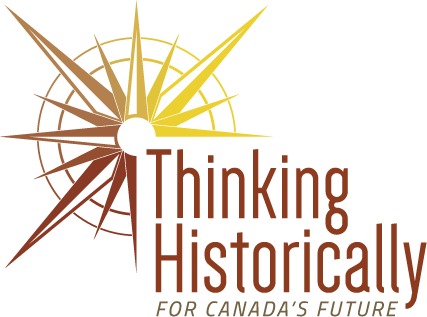About the Portraits of Professional Practice (PPP)
The Portraits of Professional Practice (PPP) research project investigated different contexts where history is taught in K–12 schools in Canada to better understand the range of educators’ experiences throughout the country. The study aimed to learn about how different contexts shape teachers’ practice. The study was driven by the following research questions.
Research Question
- How is history being taught in different places in Canada?
Research Sub-Questions
- How does the context where history is taught shape educators’ practices?
- What unique opportunities and challenges do educators experience teaching history in their context?
Participants and Research Setting
Over 50 K-12 teachers took part in the study, with participants coming from every province and territory. The participants teach in a wide range of communities and schools bringing with them diverse backgrounds, languages, identities, and experiences. The participants included teachers from private, public, religious and Indigenous-run schools. The participants included teachers with one year of teaching experience and up to over thirty years of experience. While not representative of all history teachers in Canada, participants offered a diverse set of voices and experiences providing rich insights into what it means to teach history in different Canadian contexts and communities.
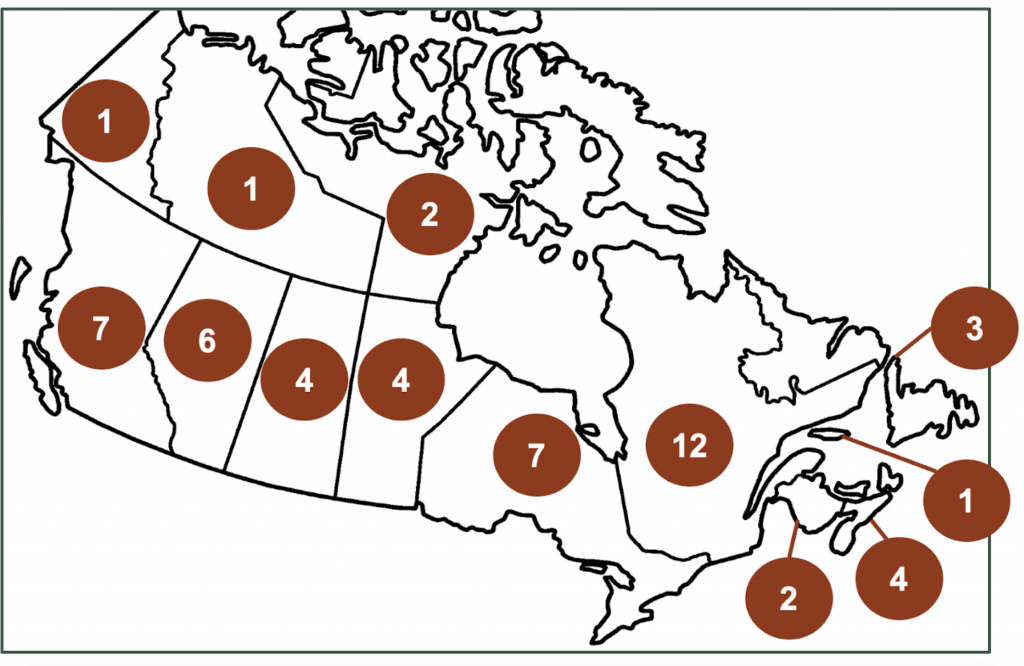
Research Methods
The study involved two phases. In Phase 1 teachers completed an online survey. The survey aimed to assess the state of K-12 history teaching and learning in Canada and asked questions about teaching strategies, learning resources, assessment strategies, and pre- and in-service professional learning experiences related to teaching history. In phase two, teachers participants participated in two 45-minute semi-structured interviews online using Zoom. The first interview focused on questions about the participants’ teaching context and the ways it shapes their teaching practice. In the second interview, teacher participants shared an artifact that they have used to teach history and answered questions about the artifact.
Preliminary Findings
Data analysis is ongoing, and PPP researchers are working on a number of publications highlighting the diverse contexts and experiences of history teachers across Canada.
Survey findings indicate most participants (75%) frequently or always focus on historical thinking concepts in their teaching practice. Participants also frequently include “Indigenous content” in their lessons, though some specific topics within this category were reportedly included more often than others.
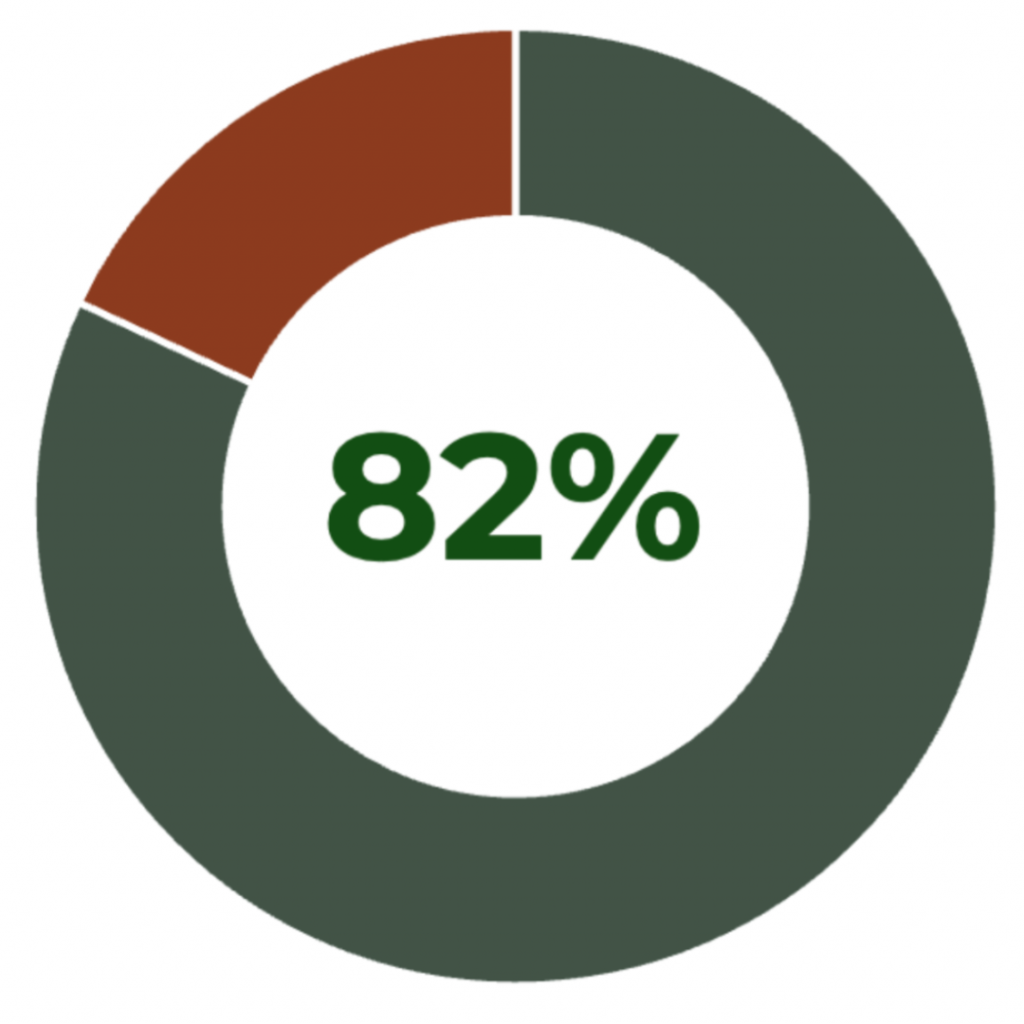
frequently or always teach about
the ongoing impacts of colonialism
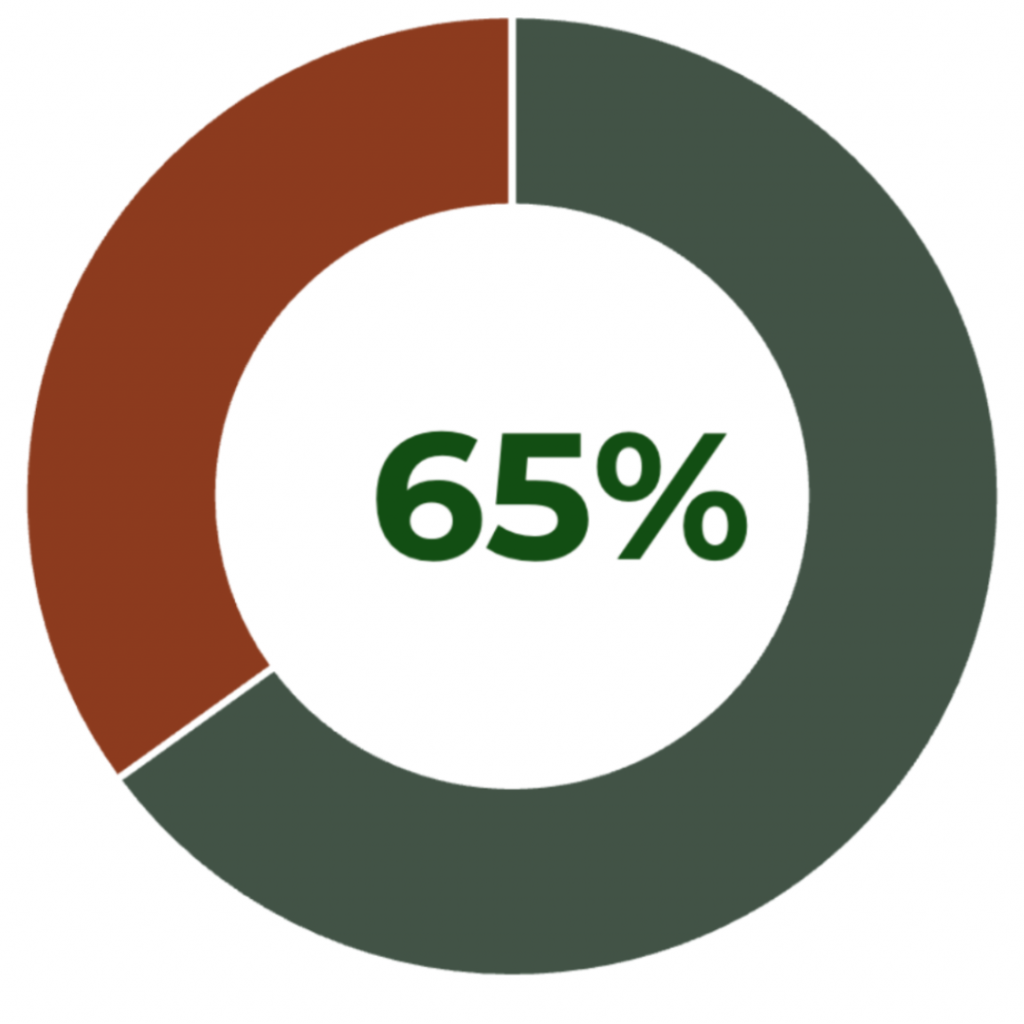
frequently or always teach about
federal policies toward Indigenous peoples
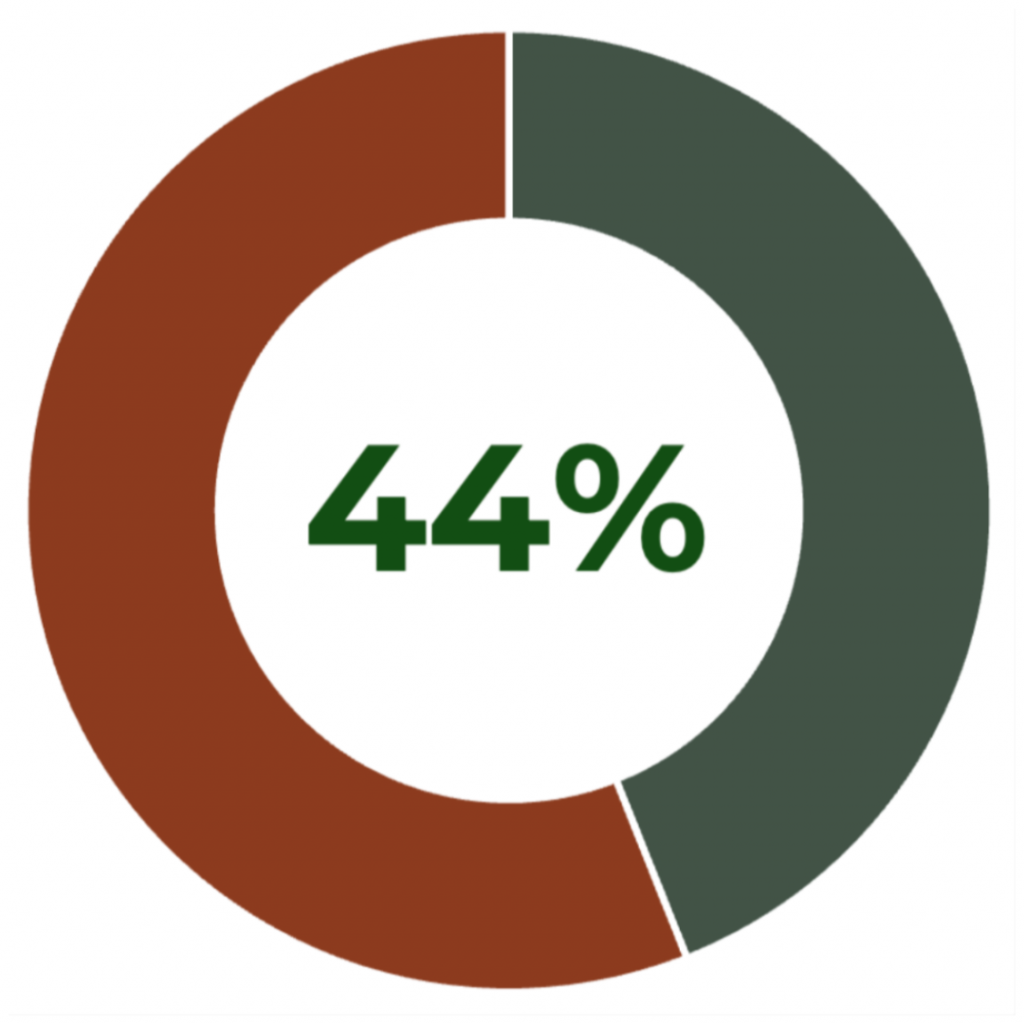
frequently or always teach about
Indigenous knowledges and traditions
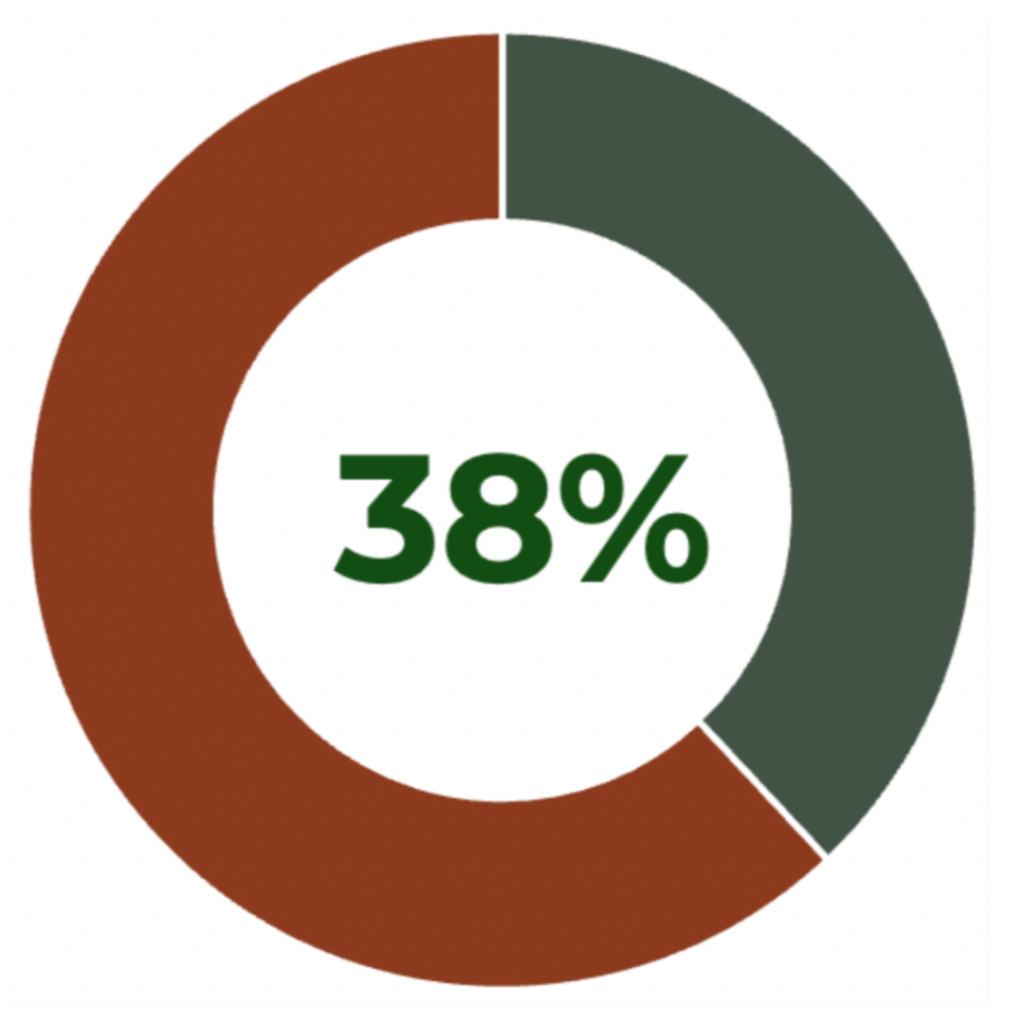
frequently or always teach about
Indigenous activism
Preliminary interview analysis demonstrates the significance of context and identity in shaping history teachers’ practices. Teachers described the myriad ways their students’ identities and their own identities; along with their social, cultural, political, economic, and environmental contexts; influenced how and what they teach. Teachers in some places, like British Columbia and Nunavut, emphasized how the curriculum helps them adapt to and support the needs of their students and communities.
Co-Created Narratives
Following completion of data collection, teachers were invited to collaborate with the research team to co-create narratives showcasing their diverse experiences. Teachers who accepted agreed to share their photos and quotations publicly and identifiably. Eleven GRAs and six professors are working with 53 participants to co-create narratives highlighting the diverse contexts and experiences of teachers across Canada.
Click here to read the co-created narratives and learn more about participants’ experiences teaching history across the country.
Contributors
The PPP project was a collaboration of co-investigators and graduate research assistants across Canada. Contributors on the project included:
- Dr. Lindsay Gibson (University of British Columbia) – Project Co-Lead
- Dr. James Miles (University of Alberta) – Project Co-Lead
- Ian Alexander (University of British Columbia) – Project Manager Recruitment and Data Collection
- Rachel Moylan (University of British Columbia) – Project Manager Data Analysis and Knowledge Mobilization
Co-Investigators
- Dr. Marie-Hélène Brunet (University of Ottawa)
- Dr. Michael Capello (University of Regina)
- Dr. Marc-André Éthier (University of Montreal)
- Dr. Heather McGregor (Queen’s University)
- Dr. Ingrid Robinson (St. Francis Xavier University)
- Dr. Jennifer Tinkham (Acadia University)
- Dr. Paul Zanazanian (McGill University)
Graduate Research Assistants
- Ian Alexander (University of British Columbia)
- Christine Cheng (McGill University)
- Melissa Daoust (University of Ottawa)
- Joshua DiPasquale (University of Calgary)
- Dr. Sara Karn (McMaster University)
- Grace Lebreche (McGill University)
- Kevin Lopuck (University of Manitoba)
- Alaura MacNeil (St. Francis Xavier University)
- Kayla Mansfield Brown (Acadia University)
- Gabriel Masi (McGill University)
- Paul McGuire (University of Ottawa)
- Christine Moreau (Acadia University)
- Rachel Moylan (University of British Columbia)
- René Salem (University of Montreal)
- Abigail Smith (St. Francis Xavier University)
- Kyle Raymond (Queen’s University)
